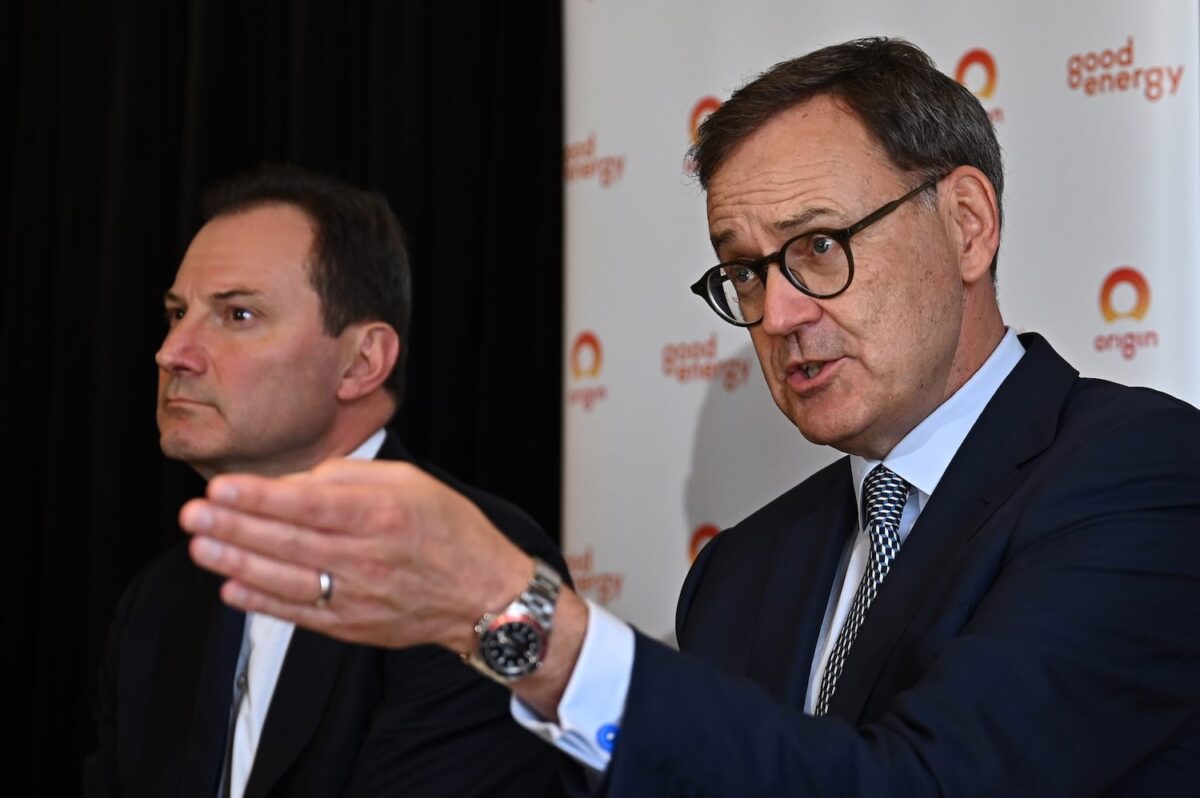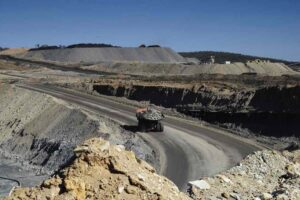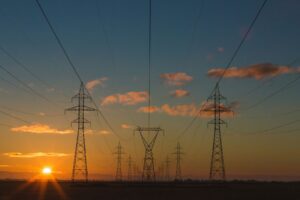Australia’s biggest energy utility and the country’s biggest super fund have quickly fallen back to type – promising to maintain the status quo and continue their not-so-fast switch to green energy. Australians should be appalled.
Within minutes of leading the shareholder revolt that on Monday scuppered the agreed deal to sell Origin to a Brookfield led consortium for $20 billion, Australian Super was pledging its support to the board and gaining approving headlines in mainstream media for offering to provide capital to Origin for green energy investment.
“With the shareholder vote now finalised, we are looking forward to working with Origin’s Board and executive team as they look to execute their strategy and ambition to lead Australia’s energy transition,” it said in a statement.
“Australian Super is a long-term investor in the Australian economy and is open to providing capital to assist Origin as it prepares to transition over the coming decades, while delivering on our purpose to help members achieve their best financial position in retirement.”
There are a couple of observations that can be made from these quotes. The first is that it is difficult to imagine in what universe AusSuper thinks Origin could possibly be leading Australia’s energy transition.
Yes, they are proposing to close Australia’s biggest coal fired generator at Eraring in August, 2025, although this no longer seems a sure thing – a legacy of the lack of sufficient investment to which Origin is a party, having built not much and contracted little in the form of new wind, solar and storage in the past few years.
AusSuper – on the same day that scientists yet again underlined the overwhelming urgency of switching to green energy at the climate talks in UAE – thinks Origin is “preparing to transition over the coming decades.”
The 1.5°C climate goal and Australia’s own renewable and emissions targets don’t allow for “decades” of transition. The hard work must come now, in Australia’s case to get to 82 per cent renewables by 2030, and as close to 100 per cent renewables by 2035, just 12 years away.
That was the plan by Brookfield, spelt out in its commitment to spend up to $30 billion building 14 gigawatts of new wind, solar and storage over the next 10 years.
The competition regulator, the ACCC, approved the proposal precisely because it decided that climate concerns trumped competition concerns in this transaction.
AusSuper objected to the bid because it took the opposite view, and wants to continue pocketing the dividends from Origin’s LNG business. Meeting climate targets does not figure so high in its priorities.
Enough other shareholders – mostly retired and seemingly little troubled by what the climate might hold for future generations – held the same view. See: Greed trumps climate as Origin bid voted down by dividend hungry shareholders
The Origin board probably understood this, which is maybe why it agreed to the Brookfield offer, knowing the difficulty of trying to manage a transition while trying to meet the expectations of shareholders hungry for dividend yields and not bothered by long term visions or climate considerations.
The big auto industry in the US is facing the same challenge, under intense pressure from investors to downsize their EV investment – which are needed to catch up with fleet-footed competitors such as Tesla and BYD – because over the short term they can’t hope to match the profits they generate from petrol and diesel cars.
Origin, and the legacy energy industry in Australia, is cornered by the same myopia, knowing full well the challenges faced from new technologies and evolving business models, but trapped by shareholder expectations and the demand for short term dividend yield.
And so it was that immediately after the shareholder vote, CEO Frank Calabria declared that Origin had no intention of changing its green investment plan. Instead of the 14 GW proposed by Brookfield, Origin is holding on to its strategy of building just 5GW by 2030.
Chairman Scott Perkins chimed in: “There’s really been no feedback through this process that Origin has needed to change its strategy, so we will continue along those lines.”
Seriously?
As analysts have noted, and Calabria conceded himself on Monday, the accelerated green energy transition, and the latest federal government intervention – leaves Origin horribly exposed to something that the big three utilities have rarely experienced – real competition.
The reality is that more renewable and storage capacity will be built, and the ability of the big three to slow things down and control prices will be removed and undermined.
That’s chiefly because federal energy minister Chris Bowen has intervened and expanded the Capacity Investment Scheme to ensure that 9GW of storage and 23GW of new wind and solar capacity is tendered by 2027.
The AusSuper sabotage of the Brookfield bid, and the Origin board’s meek offering of business as usual as a sound strategy, tells us a lot about the approach of legacy business in Australia, and of leadership in the business community. They are simply incapable of helping themselves to help others.
So congratulations should go to Bowen for seizing the moment and control of the rollout. And what delicious irony that he did this on the same day as the original scheduled vote. A shame that 10 days later the shareholders simply decided to dig a deeper hole.










